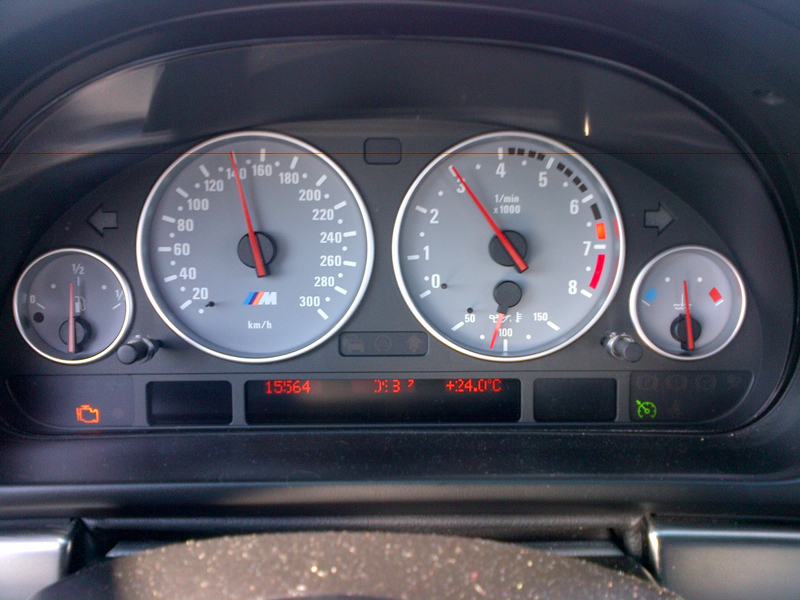This is a bit of a noob question.
Regarding an oil weight...
Once and engine reaches and maintains its operating temperature, why would the outside, ambient temperature matter?
Say in one case it's 70 degrees outside. Say in another it's 105 degrees. An owner's manual might spec a xW-30 versus an xW-40.
But, in both cases isn't the internal engine temperature the same? The internal engine temperature isn't 35 degrees hotter right? So, why is the thicker oil spec'd if the engine operating temp is the same?
Regarding an oil weight...
Once and engine reaches and maintains its operating temperature, why would the outside, ambient temperature matter?
Say in one case it's 70 degrees outside. Say in another it's 105 degrees. An owner's manual might spec a xW-30 versus an xW-40.
But, in both cases isn't the internal engine temperature the same? The internal engine temperature isn't 35 degrees hotter right? So, why is the thicker oil spec'd if the engine operating temp is the same?




